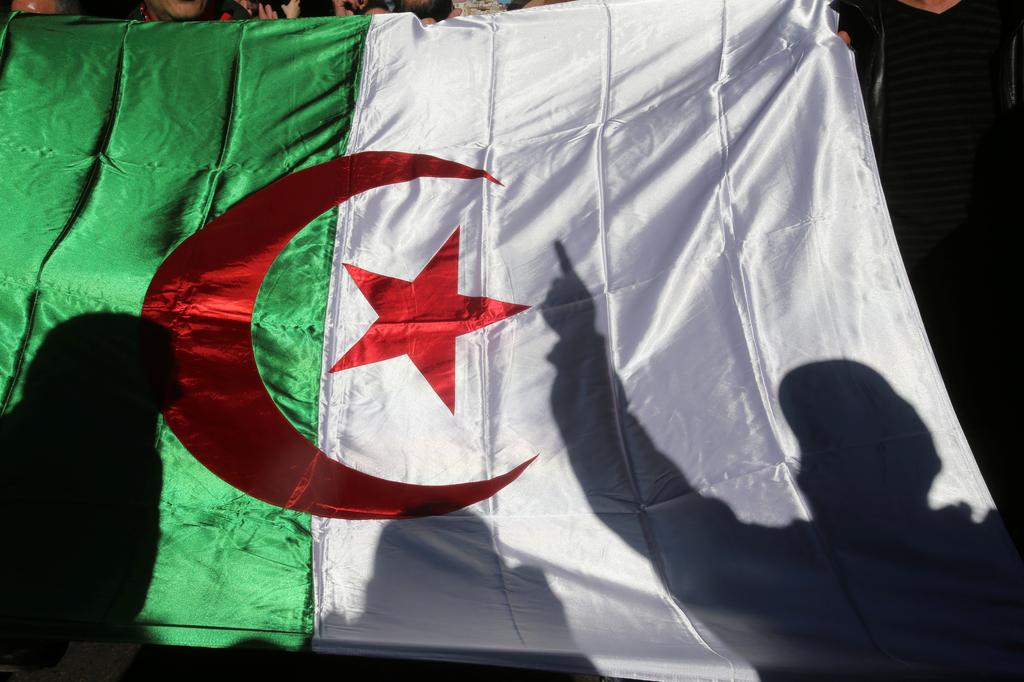Nothing intensifies feelings and moves people’s hearts like a revolution. It's a comprehensive, sweeping popular act that suddenly erupts to radically alter a given situation. A revolutionary moment combines both the will to change with the romance of dreaming about the future. It’s a moment of truth that ends decades of deception and lies. It’s a moment of action that reverses decades of fear and quietism. It’s a moment of hope that replaces despair.
A revolution broke out in Tunisia, the country of the genius poet Abu Al-Qassim Al-Shabi, who died in 1934 at age 25. He wrote the famous poem Life is Will, whose words have been sung to us since we were children:
When people decide to live, destiny shall obey
The night must pass and the chains must be broken
The people of Tunisia wanted life and fate responded; the darkness of their night was removed and their chains were broken.
Who would have imagined that quiet and stable Tunisia would become the crucible of a real popular revolution that inspires oppressed people the world over?
The Tunisian people broke out in a sudden revolt that swept the country. Security forces had to retreat against this broad-based popular resistance. In a particularly moving scene, security forces even joined the protesters. Tunisian President Zein Al-Abidine Ben Ali had no choice but to flee the country at the last minute, leaving many of his relatives to the revolutionaries, who detained them in the airport before they could leave the country.
As the Tunisian public and revolutionary elite proceed to shape a brighter democratic future, it's useful to ponder some important lessons from this major event:
Lesson 1: Tyranny, no matter how severe or long-lasting, must submit to one simple, eternal truth: Everything has an end. Much like the age of tyranny came to an end in Tunisia, all other authoritarian regimes will come to an end as well. Change comes after a revolutionary situation has crystallized, when people can no longer continue to live the same way. At the same time, dictatorial regimes come to a point where they can no longer satisfy their people’s needs, be they financial or emotional.
The revolution in Tunisia broke out as people increasingly felt under pressured by unemployment and corruption. The ruling regime, headed by Ben Ali’s Constitutional Democratic Rally, not only failed to respond to the people’s demands, but also continued its corrupt practices, breached the constitution and violated the principles of judicial independence. The regime terrorized people by running a harsh police state. Unsurprisingly, Tunisia ranked 144 out of 162 on The Economist’s Democracy Index. (Egypt, for the record, ranks 138).
Lesson 2: While on-going pressures and demands for change are important driving forces behind a revolution, there is always a spark that fuels it in the final moments. In Tunisia, that spark was the protests and bloody clashes in Sidi Bouzaid last December following the death of Mohammed Bouazizi, the college- educated fruit vendor who immolated himself in an act of protest. His story is moving and particularly telling. He was stopped by police forces, a common occurrence in Egypt, for not having a vending permit. To make matters worse, one officer slapped Bouazizi across the face in the middle of the street, prompting the young man to set himself on fire in a shocking scene. Bouazizi died in the hospital a few days later.
Lesson 3: Any compromises that ruling regimes make after social problems and popular discontent have escalated are ineffective because they are often too late. Zein Al-Abidine Ben Ali tried to weather the storm and promise the Tunisian people solutions to their problems and a rectification of his previous mistakes. But the time for reform had passed. Measures such as dismissing certain ministers were no longer viable solutions: Ben Ali himself had to go.
Lesson 4: The power of the Tunisian revolution lies in the fact that it was a widespread, popular uprising. It was not led by elites or by the military, and it was a not a conspiracy. Instead, it was the product of a series of protests in which thousands of Tunisian citizens–from various social classes, genders and generations–participated. This makes the Tunisian revolution a truly popular revolution with all the political significance that carries.
Lesson 5: The Tunisian revolution derived its power from its comprehensive, democratic and popular nature. In other words, it was not an ideological revolution; not a socialist revolution nor an Islamic revolution. Rather, it is a wide-scale, popular, democratic revolution. And while some Islamist forces have tried to characterize the event as a revolt against the secular foundation of the Tunisian political system, this is not true.
Lesson 6: Despite the fact that autocratic regimes in the region have strived to maintain strong relations with big powers, like the United States and Western European countries, these powers only support autocratic regimes as long as their interests lead them to do so. In the event of a popular revolution, the United States and Western European countries have no choice but to recognize the people’s will and adopt a neutral, supportive stance.
Let’s not forget the scene of Ben Ali’s plane waiting for permission to land in any neighboring capital. The same thing happened with the Shah of Iran over 30 years ago, when his American and Western European friends refused to receive him despite the valuable services he had provided them during his reign. Only the free will of the people can decide a country’s future. The rest of the world can only accept this will and learn to adapt to it.
Fortunately, popular revolutions have a contagious effect and can spread from one country to another. This is a proven, historical fact. Today’s advanced communications technology, used especially by the youth, make this effect much more likely to be realized. This contagion is very much needed; it is the contagion of health, not sickness, and of freedom, not tyranny.



